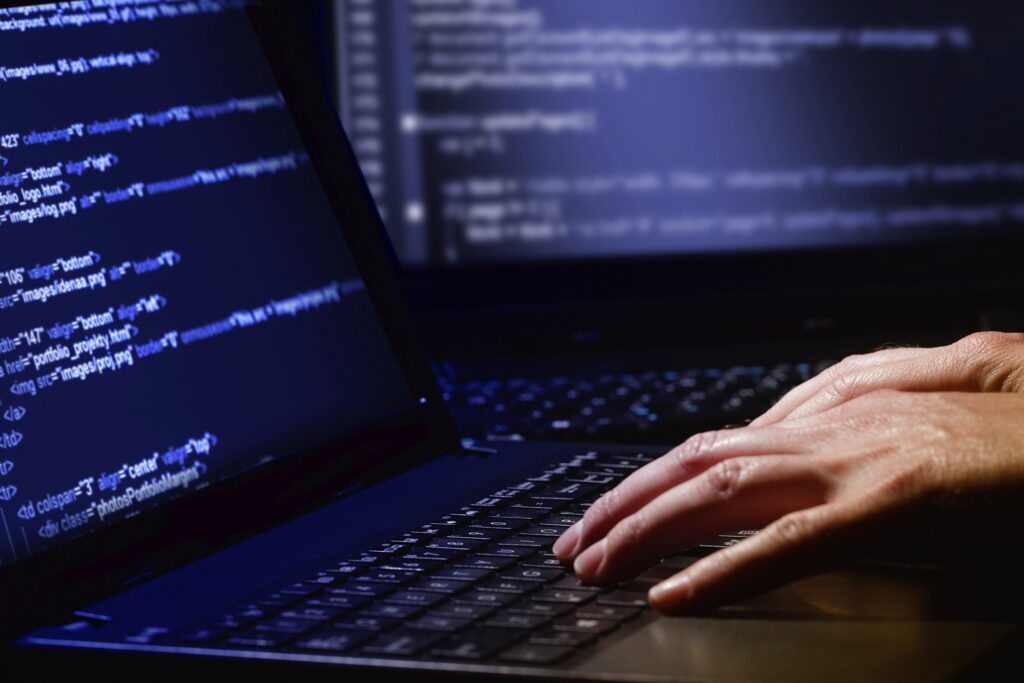Unlock Essential Digital Evidence with Powerful Computer Forensic Expertise
Unlocking essential digital evidence is a critical function in today’s increasingly digitized world, where cybercrimes, data breaches, fraud, and other illicit activities are often orchestrated through digital means. Computer forensic expertise plays a pivotal role in uncovering these hidden trails of data, empowering legal, corporate, and law enforcement professionals to make informed decisions and pursue justice effectively. As digital devices become central to everyday life and business, the importance of computer forensics has grown exponentially. Whether dealing with deleted emails, tampered files, hidden folders, or encrypted data, skilled forensic analysts have the tools and techniques to extract, preserve, and interpret vital information that may otherwise remain obscured. At the heart of computer forensics lies the methodical and legally sound process of identifying, collecting, analyzing, and reporting digital evidence. This discipline extends across a range of digital devices, including computers, smartphones, servers, external drives, and cloud-based storage.

Forensic experts follow stringent protocols to maintain a clear chain of custody and ensure that evidence is admissible in court. Advanced forensic tools allow specialists to recover deleted files, trace IP activity, analyze log files, decrypt passwords, and even recreate digital timelines. These capabilities are indispensable not only for criminal investigations but also for civil litigation, internal corporate investigations, data breach assessments, and intellectual property disputes. The power of computer forensic expertise lies not just in technical ability but in the understanding of how digital information interacts with legal processes. A proficient forensic examiner does not merely extract data they interpret the context, uncover user behavior patterns, and highlight inconsistencies or anomalies that can make or break a case. This requires a deep knowledge of operating systems, network protocols, data structures, and the digital footprints users leave behind. Moreover, expert witnesses in computer forensics must be able to communicate complex findings clearly to non-technical audiences, including judges, juries, and legal teams, ensuring the evidence are both accessible and persuasive.
In the corporate world, digital forensics helps organizations protect their assets, detect insider threats, respond to incidents swiftly, and ensure regulatory compliance. When a cybersecurity incident occurs, forensic investigators can rapidly determine the source and scope of the breach, identifying vulnerabilities and recommending remediation strategies to prevent future attacks. Computer Forensics Guide businesses facing litigation, having an experienced forensic partner can be the difference between protecting sensitive information and suffering financial or reputational damage. Ultimately, computer forensic expertise is a cornerstone of modern investigative work. As cyber threats evolve and digital environments grow more complex, the demand for skilled forensic professionals continues to rise. Their ability to unlock essential digital evidence not only brings clarity to complex investigations but also helps uphold justice, protect rights, and maintain the integrity of both public and private digital ecosystems. Investing in strong forensic capabilities is no longer optional it is an essential element of any comprehensive investigative or security strategy.
